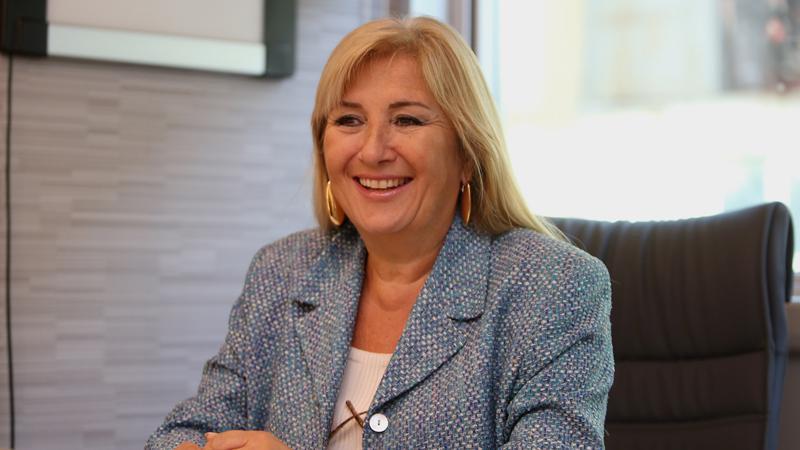Turkey's mental health barometer Covid-19: 78% of the population concerned, the joy of life decreased 39%

Üsküdar University, which previously conducted regional and emotional research on coronavirus, this time, Professor of the Faculty of Medicine, Department of Psychiatry Prof. Dr. Nesrin Dilbaz the team that found the beginning, "Turkey’s Covid-19 Mental Health Barometer" carried out the research. Web-based, research conducted on 1298 people of Turkey's population and disease phobia, the anxiety level was assessed. The report stated that "stress factors associated with pandemics can endanger the immune system and make people more vulnerable to infection." The results of the research are as follows:
After the epidemic, 78 % of the participants expressed anxiety, 48 % insecure, 42 % feel complicated, 34 % fearful and panicked. When the cause of anxiety is questioned, the risk of getting sick of relatives and loved ones, 57 % of whom are elderly or chronic diseases; 47 % of the disease spreading rate; 45 % said they were concerned about whether medical facilities were prepared.
Fear of disease
86 % of general anxiety levels increased; 60 % stated that their level of fear of diseases increased, and 50 % said their anxiety about their health increased compared to other people.
73 % said that the probability, that the disease would infect him increased; 74 % said that the annoyance rate of the symptoms increased; 55 % stated that their suspicion about the symptoms they had experienced increased.
When 62 % of patients became ill, it increased their mind to keep their mind busy; 53 % said that their curiosity about changes in their body increased; 73 % reported that the idea of the risk of getting sick increased.
Measures increased
Even though 30 percent of them have a serious illness, their belief that they will still enjoy their life; 39 percent of the joy of life; 27 percent said that their power to focus on the meaning of life decreased.
It has been determined that 94 percent of them want to wash their hands frequently and 83 percent of them have an interest in following the news. 61 percent of them are in crowded environments; 60 percent increased their desire to be in a closed environment.
Mental illness warning
Professor Dr. Dilbaz said that women show more anxiety, reassurance and avoidance behaviors than men, young people are more anxious, those who are single and lonely are more likely to seek assurance, feel depressed and unhappy, and have higher phobia severity, and have an increased level of assurance seeking and phobia. Dilbaz said, “It was seen in the 2014-2015 Ebola epidemic, that the fear of the epidemic was worse than the epidemic itself. "These symptoms, which started with fear and anxiety in this period, create preliminary evidence, that psychiatric diseases such as posttraumatic stress disorder, obsessive-compulsive disorder, depression may increase in the long term."
Üsküdar Haber Ajansı (ÜHA)